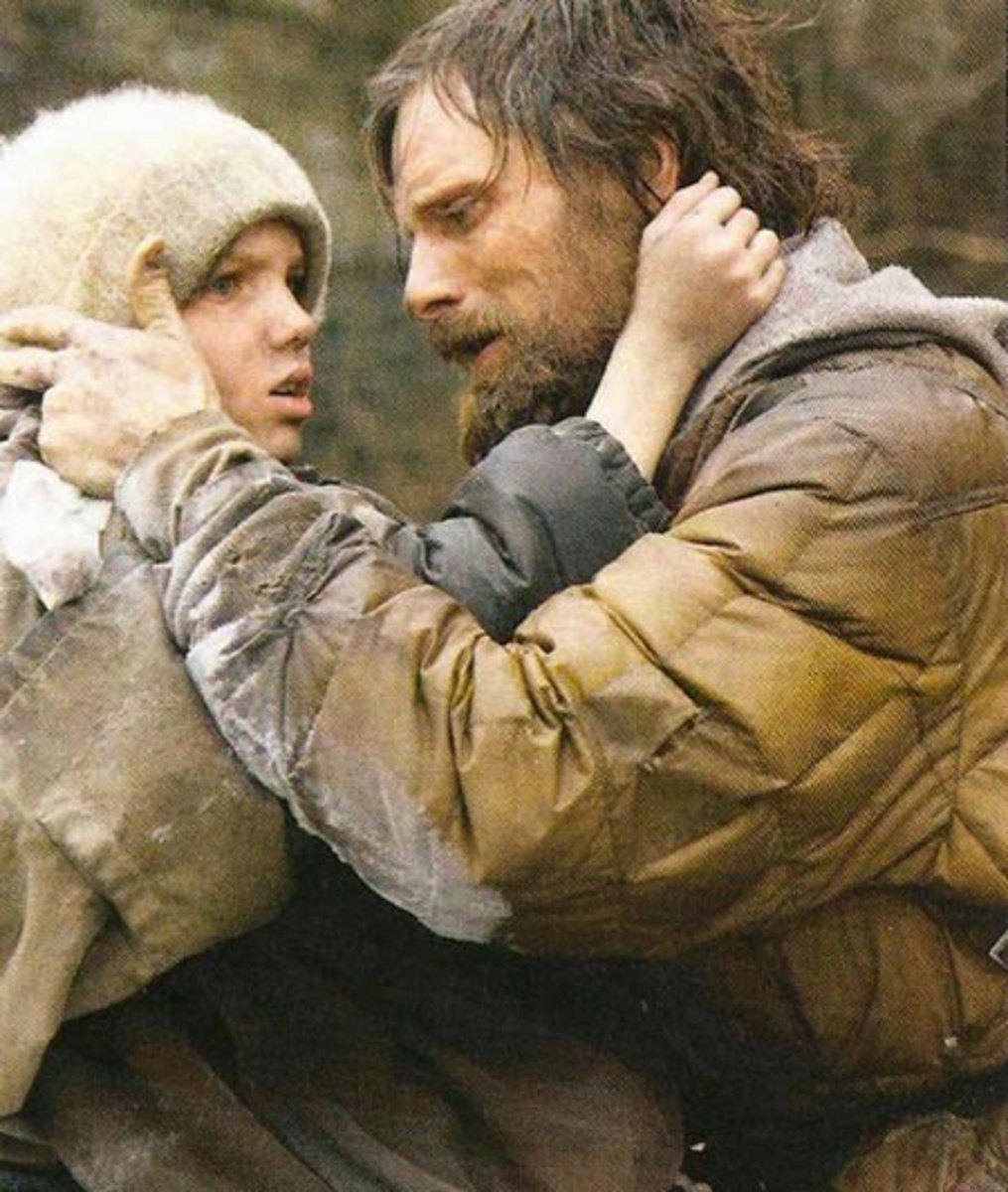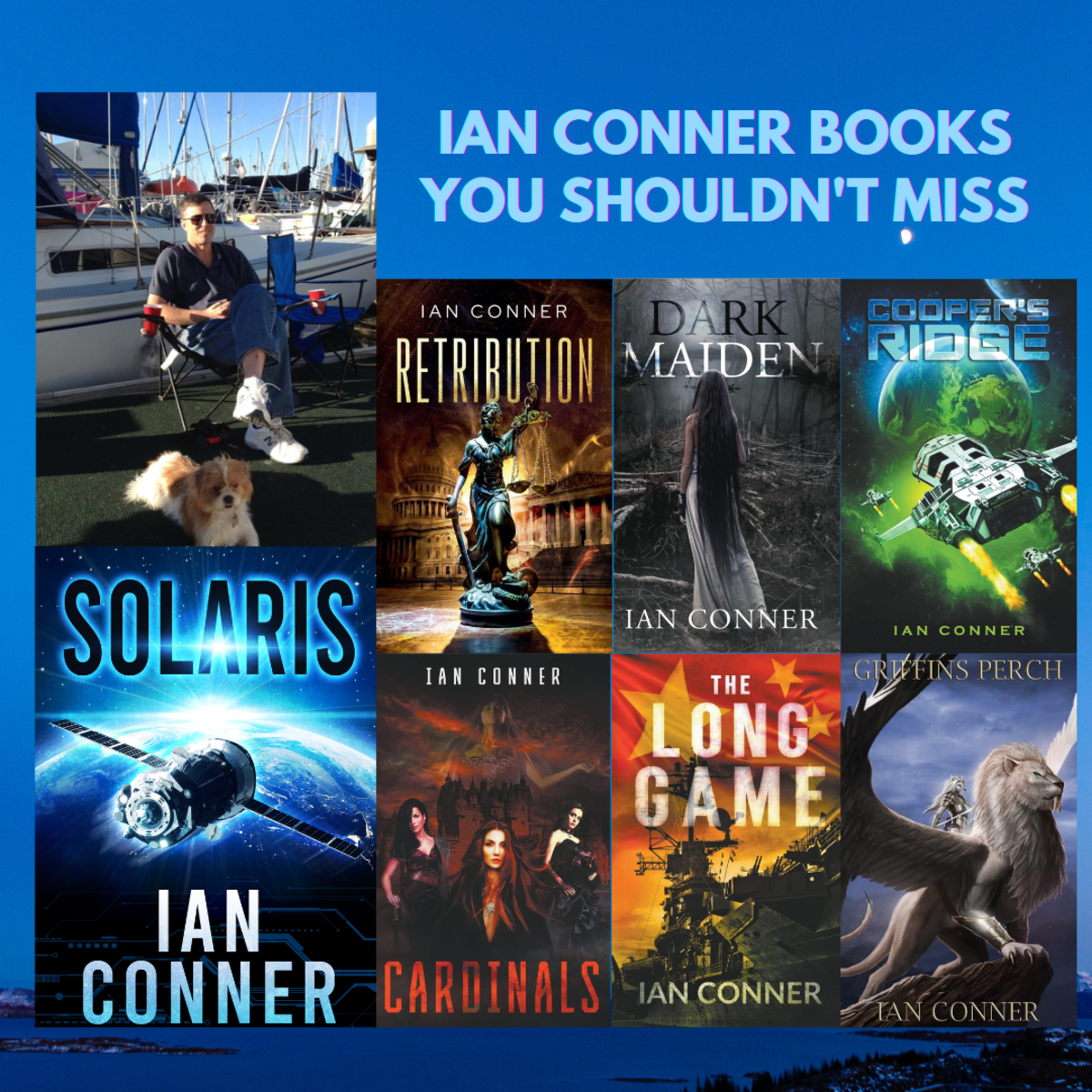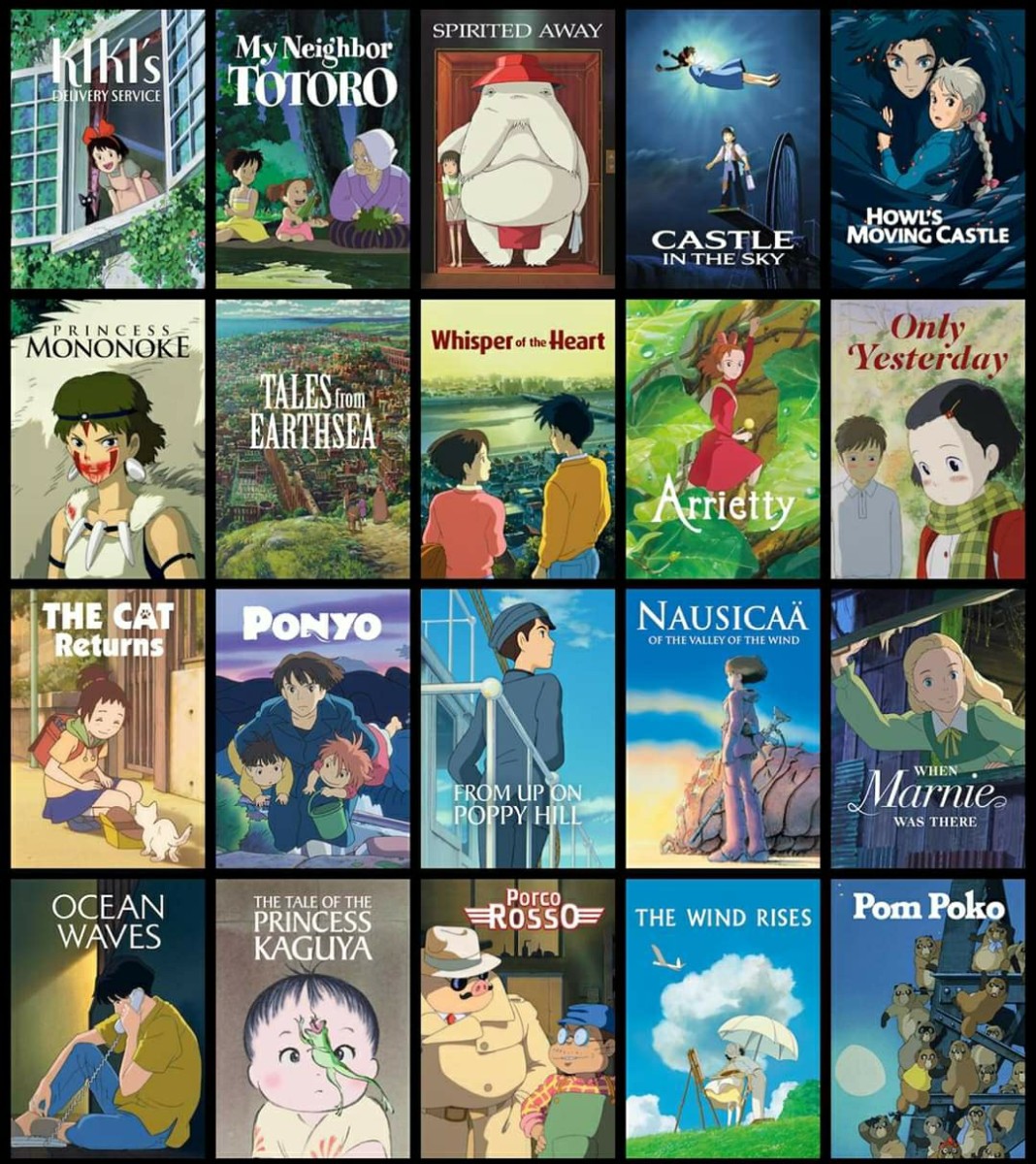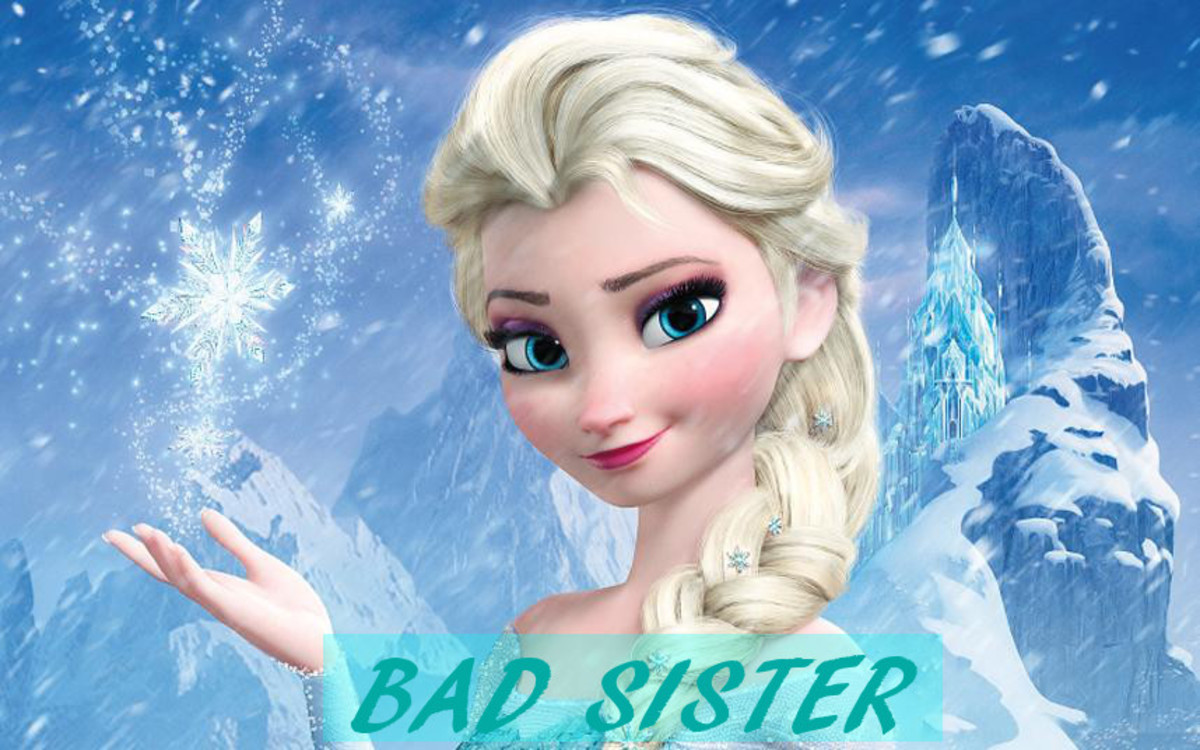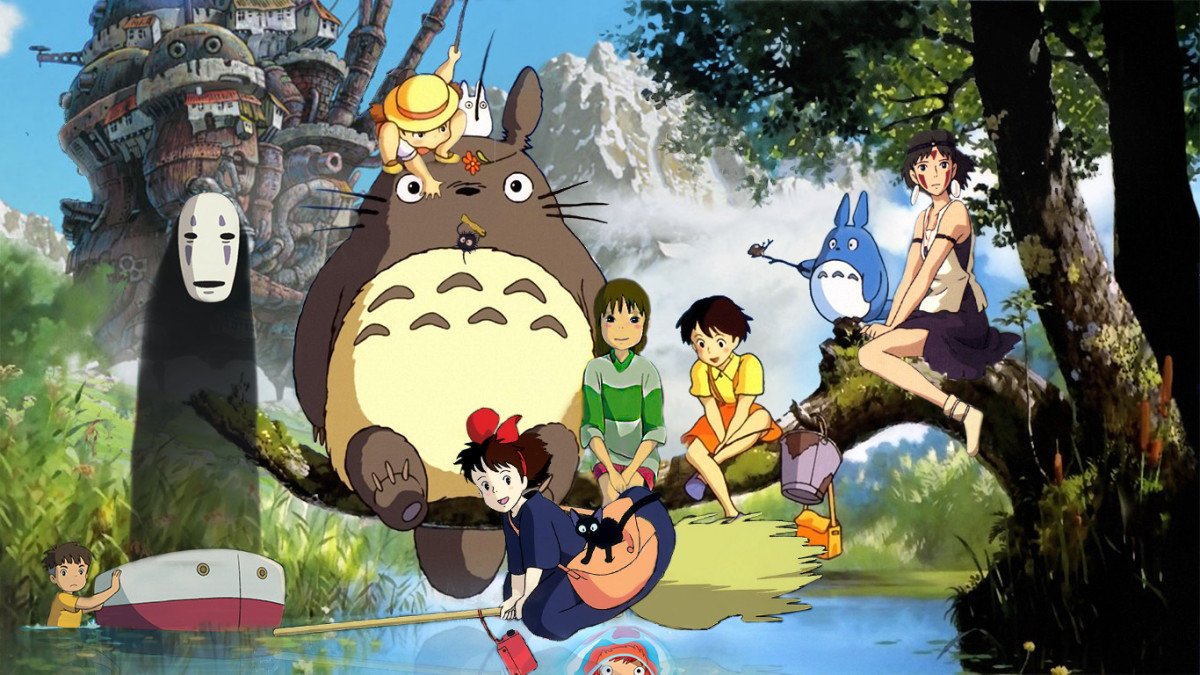Onward Review: Why It Might Be the Best Pixar Film
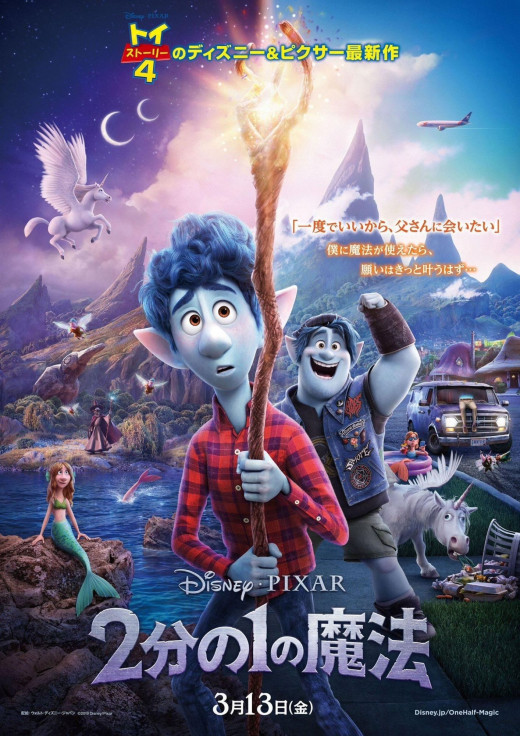
I have just seen the new Pixar movie, Onward, last night and I have to say that I was very pleasantly surprised. What a rollercoaster! While the film is still very fresh in my memory I’d like to point out a few of my first impressions that make the film the exhilarating and emotionally profound experience that it undeniably is.
The Exponential-Growth-of-Obstacles Theory
Pixar use a well-known formula which is the limitation of time: the elf-brothers have to finish their quest to find the Phoenix Gem before the 24 hours are up. This formula is nothing new, but no-one can deny that it is not effective, especially if it doesn’t feel forced… which I don’t think it did. The way that the formula works is that it is an artificial way to retain the audience’s interest until the end of the film, creating a framework in which all scenes are examined in relation to the way they positively or negatively affect the quest being completed on time. In other words, the film begins by introducing a single big problem that the protagonists will have to resolve by the end of the film. While the protagonists are on course to resolve the big problem, a series of other problems arise which one by one the protagonists will have to resolve in order to resolve the big problem. The closer the protagonists get to resolving the big problem, the more the small problems arise exponentially, stifling the success of the mission and amounting to what is the greatest level of tension possible. It is for this latter reason that many action films disappoint at their conclusion and I recommend that the next time you are watching a film in which there is, let’s say, a goal that the protagonists need to achieve, count all the obstacles that the protagonist(s) needs to resolve before the success of the mission. It is precisely for this reason that The Incredibles 2 falls in the last minute, in my opinion: there are more obstacles at the beginning of the film than there are at the end of the film… and this underwhelms spectacularly. Look at Breaking Bad, on the other hand, and we find a paragon of the exponential-growth-of-obstacles theory (I’m just going to call it that, for wont of a better term). Anyway, look out for the crazy entourage of obstacles at the end of Onward which prevent the protagonists from moving… onward. Umm.
Onward's Meta-Animation
There is one scene that I think needs a special shout out. Ian, the younger elf-brother is listening to his deceased father’s voice on a tape recorder. At first, we simply watch Ian listen to the tape. But then, Ian puts the tape back on and talks with his dad while looking at a collection of photos of his dad on the wall. This scene is fabulous for several reasons. First, it shows us that Ian has listened to the tape many times… enough times to know exactly what his dad is going to say and be able to respond and ask questions accordingly. Secondly, Ian’s conversation with his dad is a wonderful representation of Ian’s relation to his dad. For the conversation is artificial. It never happened because the dad died just before Ian was born. The conversation itself shows Ian’s hopes and dreams and most importantly how they were cut short by his dad’s premature death, represented by the abrupt “Goodbye” at the end of the recording. Thirdly, and perhaps the coolest reason, the conversation is a commentary on animation itself. Ian listens to a voice (his dad’s), looks at a collection of 2D images of his dad (who curiously looks a lot like Pete Docter), and mentally constructs the three-dimensionality of his father… which is exactly what happens when Ian literally reconstructs his father… partially. It is as though Ian’s mental exertion to reanimate his father via the few recourses to his father (his photos and voice) actually comes true: a perfect blend of reality and magic! And an interesting statement on the power of animation.
There are many other admirable qualities to this film which I will not say too much about. It is an extremely imaginative film. But there is no fantastical element which is not connected to a very human experience. The characterisation of the older elf-brother is also refreshing since he is impulsive, a rocker, kind, and a complete nerd… usually these traits aren’t seen in the same character.
Please watch the film. And then tell me what you think in the comments.
© 2020 Samuel Brookes


